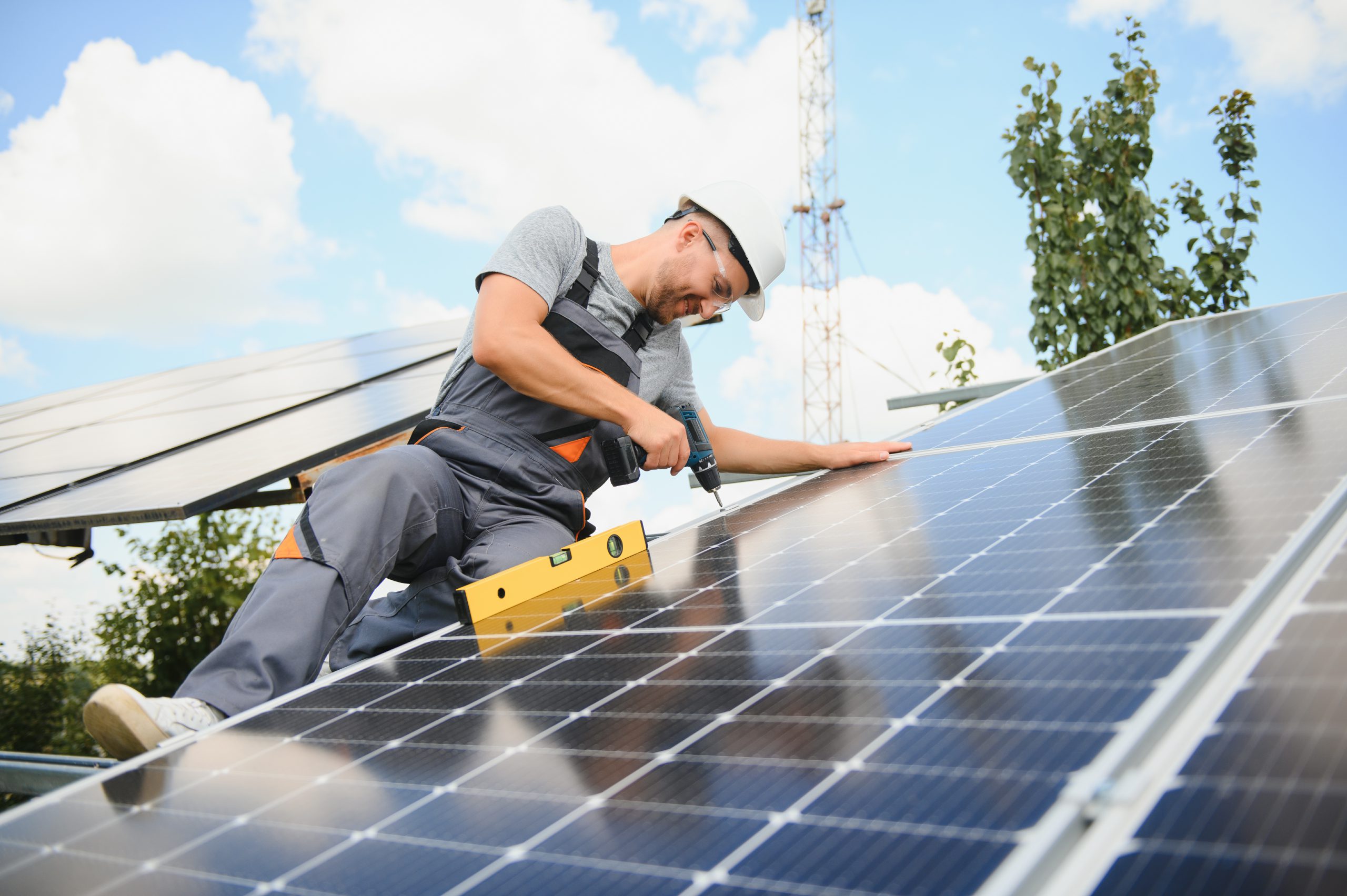
Solar panels have become a significant selling point for homes, especially as power bills are poised to jump by up to 30% across Australia.
This environmentally-friendly solution offers considerable advantages. Depending on the size of the system, solar panels can eradicate power bills and give you energy independence.
You’ll also reduce your home’s carbon footprint, which is becoming increasingly important to many of us.
Solar panels produce clean energy and do not emit harmful pollutants or greenhouse gases.
Additionally, they don’t have moving parts so they’re low-maintenance and easy to maintain. The occasional clean and inspection are all you need.
However, if you want to ensure that you’re buying a home with a dependable system, there are some crucial questions you should ask the seller.
Check the warranty
Every solar panel and battery installation should come with a warranty and the remaining coverage is an important consideration.
Age of panel
Solar technology has improved over the past few years. If the warranty has expired, it might be a good idea to ask the owner to remove the system as part of the sale so you can install a state-of-the-art solution.
Solar Investigations
Jump online and read the reviews of the solar system that is part of your potential purchase. This will help identify potential problems and give you an indication of their value.
Battery capacity
Modern systems integrate the battery into the solution, whereas older models have a standalone battery. You should ask about the battery capacity and its own warranty. The battery may still be in prime condition.
Solar upgrade
Most installations in Australia before 2019 were less than 5kW in capacity. You’ll likely need an upgrade if you have or intend to own an electric car. Today, most owners are installing systems of up to 12kW capacity. Available systems include 8kW and 10kW capabilities.
Test the market
Grants from a state government or local authority might make a new installation the best option. You should also research the incentives for virtual power plants (VPPs) for solar owners.
